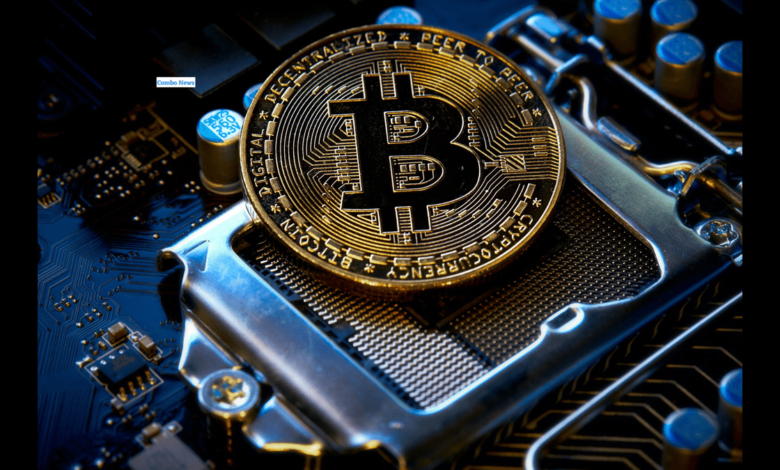Data indicates Bitcoin mining is not so decentralised

Bitcoin mining‘s hashrate increased to around 250 exahashes per second when the mine operations that had been offline since December 25th 2022 resumed operating. One could believe that as the network of miners expands and the hash rate of Bitcoin rises, the decentralised digital currency is getting even more decentralised. However, evidence suggests that this is untrue and that bitcoin mining is not decentralised. In actuality, just two mining pools control 53% of the total hash rate of Bitcoin.
Two mining pools control 53% of the Bitcoin hash rate
Bitcoin’s overall hash rate is currently close to 250 EH/s, which is really fantastic. Prior to that, the hash rate fell to a low of 170 EH/s before increasing again on December 28. Foundry USA and AntPool obtained 31.4% and 21.9%, respectively, of the overall Bitcoin hash rate as this spike occurred and mining pools went live. The BTC network’s computing capacity would instantly be reduced by half if these two pools went offline for any reason.
If we take a look at the top 5 mining pools, the data becomes even more unexpected. F2Pool, ViaBTC, and Binance Pool are the next three largest pools, contributing 14.3%, 9.3%, and 9.1%, respectively, to the overall Bitcoin hash rate. The top 5 pools collectively produce 86% of Bitcoin’s total hash rate. This demonstrates just how centralised the network has grown.
On January 3rd, the difficulty of mining Bitcoin is anticipated to dramatically decrease. The difference is predicted to be between 7.39% and 8.1%.
How can the mining centralization problem be solved?
The market will continue to be dominated by big businesses unless mining Bitcoin becomes simple and available to everyone. Jack Dorsey, the former CEO of Twitter, and his business Square are already developing plug-and-play bitcoin mining hardware. Regular individuals can purchase a machine that can be simply plugged in and begin mining Bitcoin even if they lack the technical know-how to do so. As a result, centralization will undoubtedly decrease and home bitcoin mining will become commonplace.
Is Bitcoin mining decentralized?
Bitcoin is not the most decentralised cryptocurrency, to put it simply. A significant amount of the network’s computational power can be owned by a single organisation thanks to its mining and mining pool systems. Other tokens, such as sharding and proof of stake, use various protocols to validate transactions that support decentralisation.
Why is mining becoming centralized?
The mining process gets more centralised when a few businesses hold nearly complete control over the distribution rights to hashing power for a cryptocurrency (by offering unmatched ASIC technology).
Why is it harder to mine Bitcoin now?
1 In order to mine a block, miners need to use greater processing power as mining difficulty rises. The involvement of more miners is further shown by the fact that as more join, the mining process becomes computationally more difficult.
Does Bitcoin mining hurt the environment?
In other words, there are some cases where the environmental harm caused by Bitcoin mining exceeds the value of the coin. From a sustainability standpoint, this is very alarming. A single bitcoin’s carbon footprint increased 126-fold between 2016 and 2021, from 0.9 tonnes to 113 tonnes.
Also Read: How to Not Pay Taxes on Bitcoin








